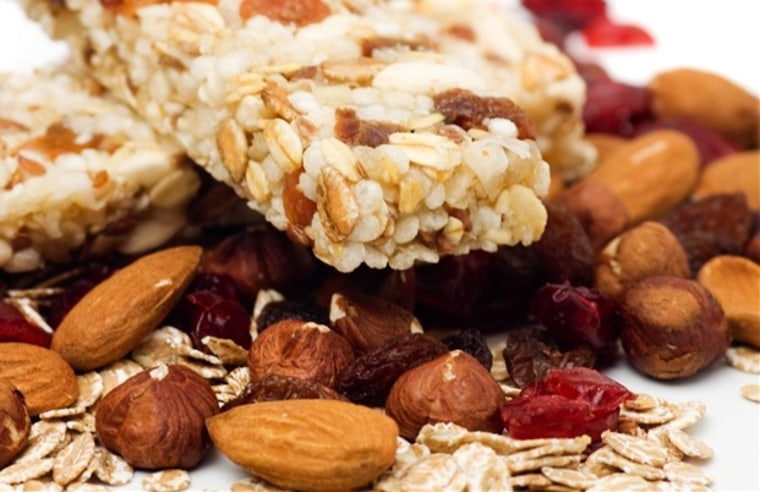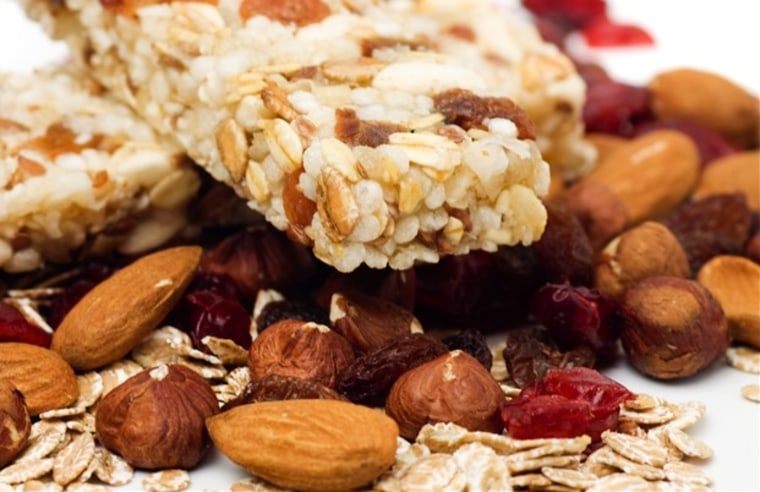Can eating mini-meals and snacks throughout the day be the secret to maintaining a healthy weight? It's something experts and dieters have long debated.

Now, a new study of dietary habits in the Journal of the American College of Nutrition gives more credence to the mini-meal way of eating, demonstrating a link between eating more frequently and a lower BMI.
With more people overweight these days and fewer of us sticking to the traditional three meals a day, a group of researchers decided to take a look at whether the uptick in snacking has played a role in driving the obesity epidemic. The researchers had about 2,700 individuals answer questions related to their meal and snack habits: for example, how often they ate daily, when they consumed, and what drives them to eat—such as hunger or routine. The participants covered all adult age groups, were split fairly evenly by gender, and included a slight majority who reported being on a diet at the time.
The most intriguing study result: The participants averaged 5.64 "eating occasions" (a.k.a. meals and snacks) daily, and the more of these a person reported during the typical day, the lower his or her BMI was.
So does this give you the go-ahead to scarf down breakfast, lunch, and dinner, along with two extra meals during the typical day, and expect to drop lbs? Not exactly.
The study authors also uncovered more interesting data regarding BMI and meal frequency: The lower a person's BMI was, the more likely they were to eat or drink healthily during breakfast and dinner. Also, the low-BMI study subjects were less likely to eat a meal (in this case, breakfast) while watching TV or a movie. And previous studies have linked eating in front of a TV or computer screen to less-healthy food habits.
Bottom line: The study didn't set out to prove that more eating occasions lead to weight loss, so it's a little too early to recommend this.
It also appears that other factors could be at play, such as TV-watching habits while chowing down and the propensity for people with higher BMIs to not be concerned with nutritious choices.
At the same time, if you naturally gravitate toward more frequent smaller meals, there doesn't seem to be a reason to alter your preferred pattern and force yourself to have three old-school square meals daily.
More links from Women's Health:
8 Best Bedtime Snacks for Weight Loss
